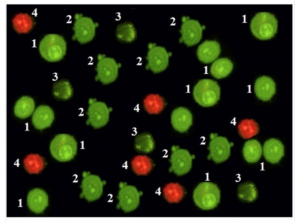
One journal has retracted a paper containing images that recently raised suspicions of obvious duplications, and another journal is planning to do the same.
Scientists first leveled accusations against the newly retracted paper in Scientific Reports, along with two others by the same researchers, earlier this month on Twitter. One other journal — PeerJ — has announced that it plans to retract one of the questioned papers, as well. The third paper, in Frontiers in Pharmacology, bears an expression of concern.
It was unusually quick action on the part of the journals, as well as the authors’ host institution, the University of Malaya, which announced last week the authors had manipulated figures in all three papers, along with one other.
Here’s today’s retraction notice from Scientific Reports for “Novel piperazine core compound induces death in human liver cancer cells: possible pharmacological properties:”
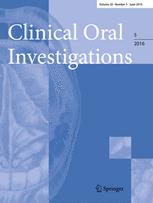
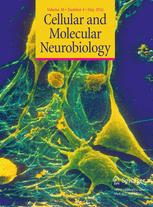
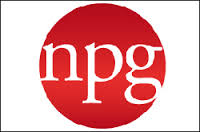


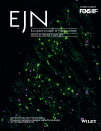
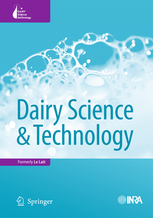
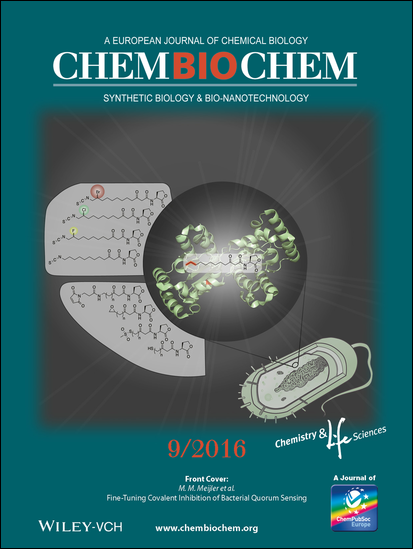 It was
It was